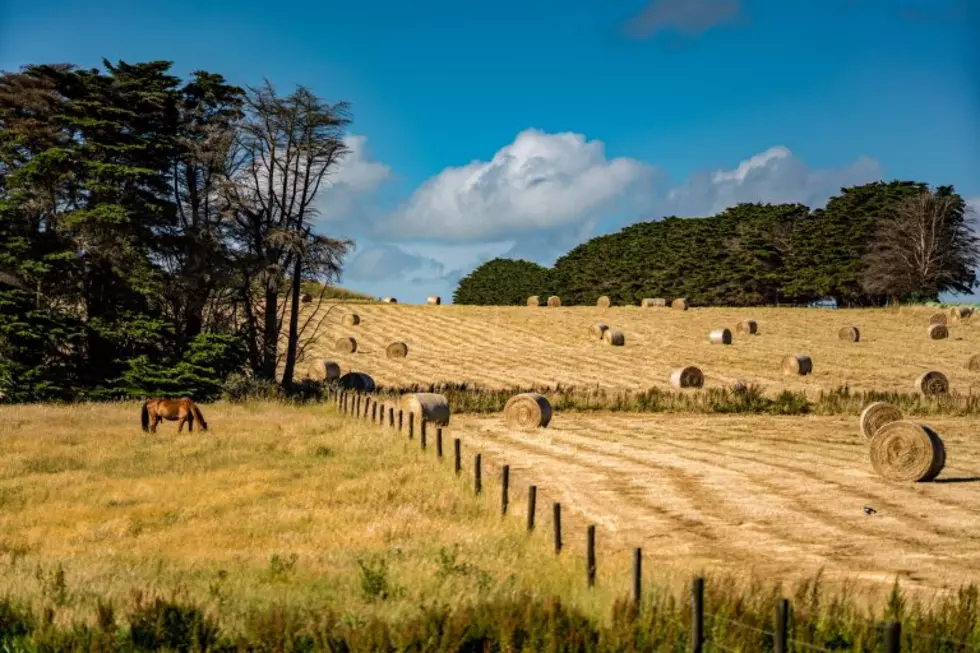
Cost Of Farming High In Canada As Well
As Canadian farmers plan their operating costs for another planting season, a major consideration is the extremely high cost of fertilizer inputs. This past spring already expensive fertilizer prices took another last-minute increase when the Canadian government announced import tariff charges just weeks before planting season.
In March of last year Ottawa imposed tariffs on all Russian-origin fertilizers in response to that country’s invasion of Ukraine. Nearly a year later those fertilizer import tariffs are still in place.
Eastern Canada produces only limited amounts of specialty fertilizer, and most of eastern Canada’s needs are sourced from Russia, the world’s largest supplier of nitrogen-based fertilizer. By the end of last year’s planting season Ontario farmers, alone, saw their fertilizer prices rise, due to import tariff costs, by more than $30 Million dollars. Farm organizations have asked for refund checks to farmers, but the federal government has made it clear that direct refunds are not going to happen.
Meghan Murdock, agribusiness analyst with H & K Strategies based in Toronto, says that she’s not surprising the federal government dismissed a direct refund out of hand. Murdock says administrative costs would be prohibitive, and said returning those costs directly to farmers would just highlight the government’s poor timing when it imposed those fertilizer tariffs last spring.
“This is the result of a pretty ill-received policy, in the first place. I can imagine that it would be an administrative nightmare to try to return it directly to those impacted. And probably would cost a considerable amount of the money, wasting it in trying to administer such a return.”
Adding to the high crop input prices is the higher cost of borrowing. In mid January the Bank of Canada announced another quarter-point increase for lending rates, with its ongoing strategy to tame inflation. This is the Bank of Canada’s eighth interest-rate increase over the past year and a half.
H & K ‘s Meghan Murdock says that eastern Canadian farmers are being squeezed financially right now. While this latest interest rate increase was expected, industries such as agriculture that are highly dependent on short-term borrowing, and those highly leveraged operations, are feeling the economic pinch.
“We did anticipate that they would probably up it, once again. We are starting to see the economy respond to those inflation hikes. We are hopeful that we are on the other side of this, but the fall-out from these hikes is still to come,” Murdock noted.
If you have a story idea for the PNW Ag Network, call (509) 547-9791, or e-mail glenn.vaagen@townsquaremedia.com
More From PNW Ag Network









